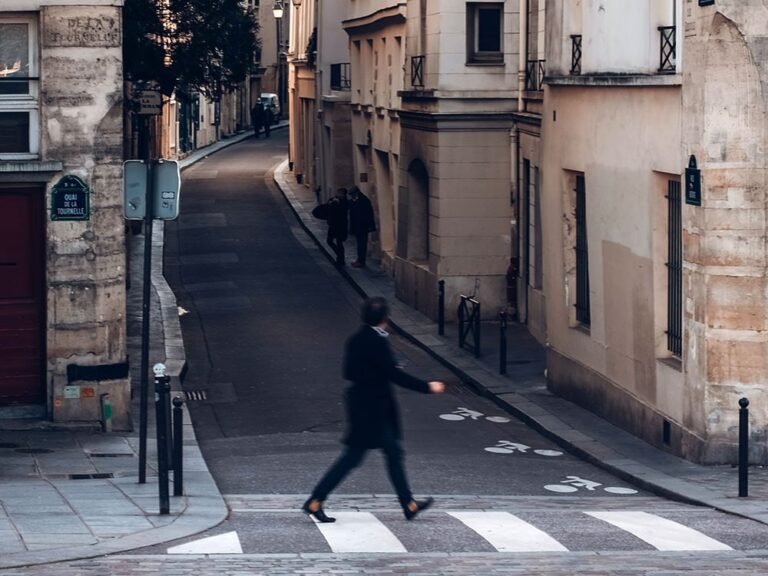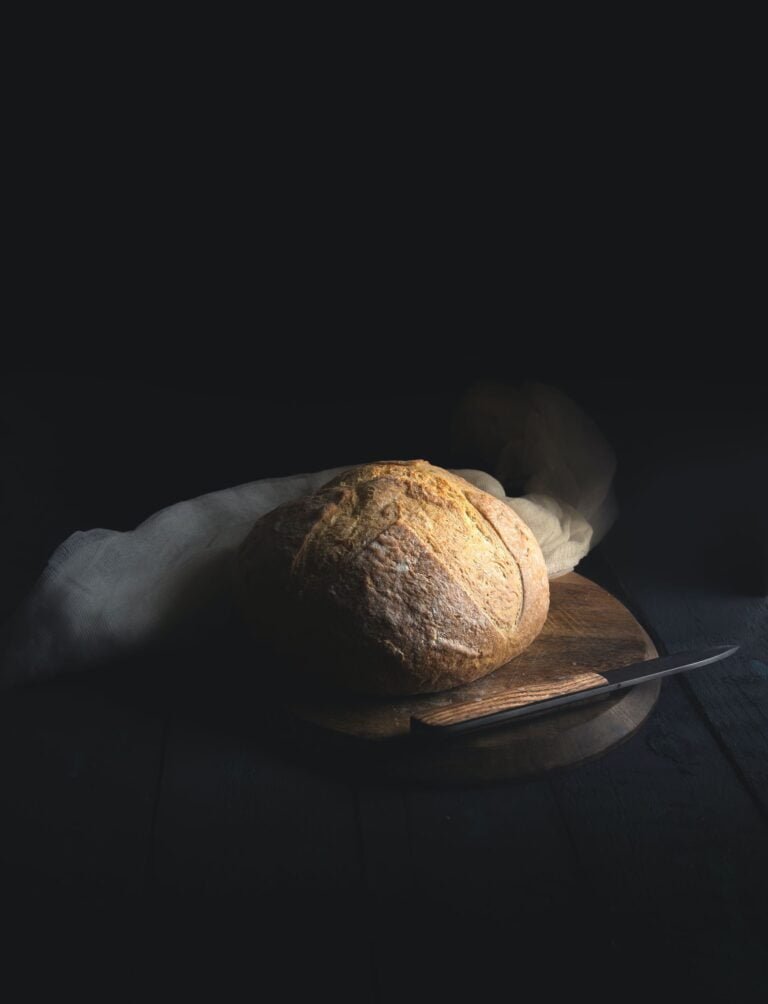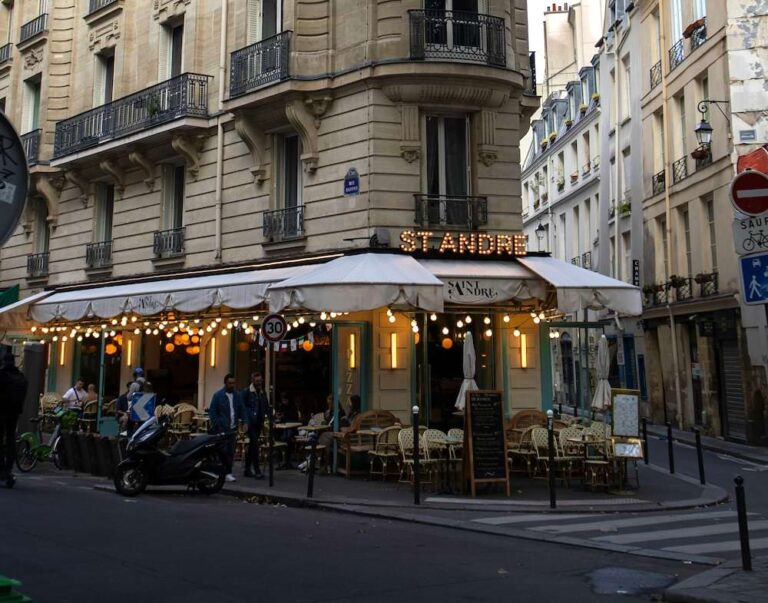un coup
The French noun “un coup” is versatile and widely used in various contexts. It can mean “a blow” or “a stroke,” but its meanings extend far beyond these basic definitions.
Basic Meanings
- A Blow or Hit
- Il a reçu un coup à la tête. (He received a blow to the head.)
- Donner un coup de pied. (To kick.)
- A Sudden Event
- Il a fait un coup de téléphone. (He made a phone call.)
- Un coup de vent a renversé l’arbre. (A gust of wind knocked over the tree.)
- A Quick Action
- Faire un coup d’œil. (To glance quickly.)
- Un coup de frein. (A sudden brake.)
Idiomatic Expressions
“Un coup” appears in many idiomatic expressions, each with its own unique meaning. Here are some common ones:
- Coup de Foudre
- Un coup de foudre translates to “love at first sight.” It describes the suddenness of falling in love instantly.
- Quand je l’ai vue, c’était le coup de foudre. (When I saw her, it was love at first sight.)
- Coup de Grâce
- Le coup de grâce literally means “the blow of mercy.” Historically, it refers to the final blow delivered to end the suffering of a mortally wounded person or animal. Figuratively, it signifies a decisive finishing action that brings an end to something.
- La nouvelle a été le coup de grâce pour le projet. (The news was the final blow for the project.)
- Coup de Main
- Un coup de main means “a helping hand” or assistance.
- J’ai besoin d’un coup de main pour déménager. (I need a helping hand to move.)
- Coup de Théâtre
- Un coup de théâtre describes a dramatic turn of events, especially in a story or play.
- La fin du film a été un véritable coup de théâtre. (The end of the movie was a real twist.)
- Coup d’État
- Un coup d’État is a “coup” or a sudden overthrow of a government.
- Le coup d’État a changé le régime du pays. (The coup changed the country’s regime.)
- Coup de Chapeau
- Un coup de chapeau means “a tip of the hat,” used to express admiration or respect.
- Un coup de chapeau à l’artiste pour cette magnifique performance. (A tip of the hat to the artist for this magnificent performance.)
- Boire un Coup
- Boire un coup translates to “to have a drink.”
- Allons boire un coup après le travail. (Let’s have a drink after work.)
- Un Coup de Pouce
- Un coup de pouce means “a little push” or help to achieve something.
- Il m’a donné un coup de pouce pour finir le projet. (He gave me a little help to finish the project.)






